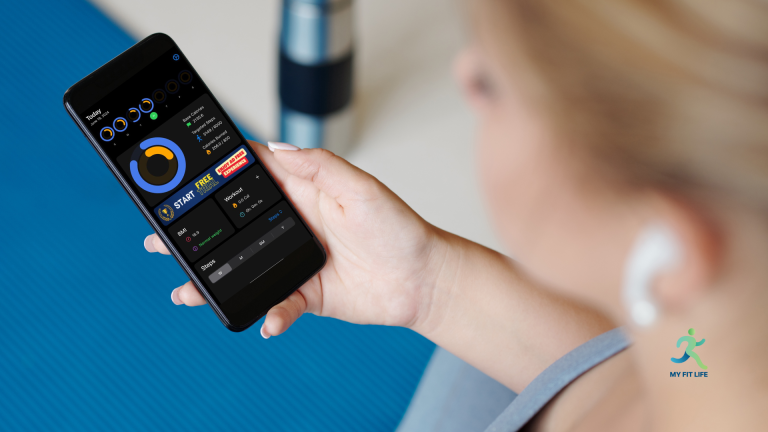Understanding Calories: Your Energy Guide
Calories are the energy units that power our bodies, just like fuel for a car. Every move we make, every breath we take, relies on these tiny packets of energy. When we eat and drink, we’re taking in calories.
But here’s the catch: if we take in more calories than our bodies utilize, they get stored as fat. Conversely, if we don’t eat enough, our bodies dip into those fat stores for extra energy. It’s all about finding the right balance.
“Energy cannot be created or destroyed; it can only be changed from one form to another” – Albert Einstein.
So, how many calories do you need? It varies from person to person. Factors like age, sex, height, and activity level play a role. But on average, adults need about 1,600 to 3,000 calories a day. Finding your perfect balance ensures you’re fueled and ready to tackle whatever life throws your way.
Calculating Your Caloric Intake: How Much Do You Need?
Not everybody needs the same number of calories each day. People have different metabolisms that burn energy at different rates, and some have more active lifestyles than others.
The number of calories you need each day depends on factors, including:
– Overall general health
– Physical activity demands
– Age
– Sex
– Weight
– Height
– Body shape
How Many Calories Should You Eat in a Day?
When it comes to weight loss, creating a calorie deficit is key. It means consuming fewer calories than your body burns through daily activities or exercising more. Some opt for a combination of both, reducing calorie intake while increasing physical activity.
But remember, it’s crucial to ensure you’re still getting all the essential nutrients your body needs, even while trying to shed pounds. Without proper nutrition, you risk developing deficiencies and metabolic changes, which can hinder long-term weight maintenance.
Let’s delve into calorie intake recommendations outlined in the 2020–2025 Dietary Guidelines for Americans for a clearer understanding.
An easy way to know and track your daily calories is by using the MyFitLife App (Download).
Daily Calorie Requirements for Adults:
Females
– 19–30 years: 2,000–2,400 calories
– 31–60 years: 1,600–2,200 calories
– 61+ years: 1,600–2,000 calories
Males
– 19–30 years: 2,400–3,000 calories
– 31–60 years: 2,200–3,000 calories
– 61+ years: 2,000–2,600 calories
These estimates don’t apply to pregnant or nursing individuals, who require significantly more calories to support their own needs and those of their baby. People who are very active or have certain health conditions may require more calories. Additionally, the number of calories you need within these ranges can vary based on factors like your height and weight.
Calorie Intake for Children:
Females
– 2–4 years: 1,000–1,400 calories
– 5–8 years: 1,200–1,800 calories
– 9–13 years: 1,400–2,200 calories
– 14–18 years: 1,800–2,400 calories
Males
– 2–4 years: 1,000–1,600 calories
– 5–8 years: 1,200–2,000 calories
– 9–13 years: 1,600–2,600 calories
– 14–18 years: 2,000–3,200 calories
Reducing a child’s calorie intake can lead to nutrient deficiencies, growth issues, and unhealthy eating patterns. It’s crucial to prioritize balanced nutrition for children’s health and development.




Comments are closed.